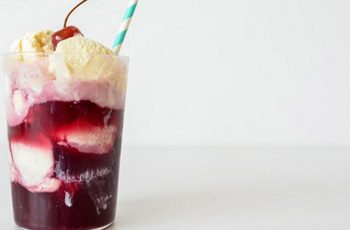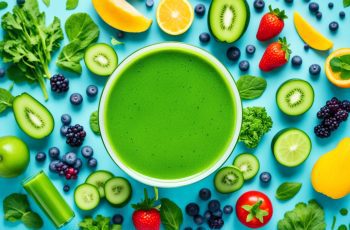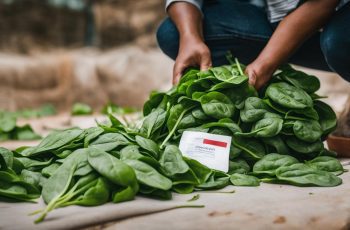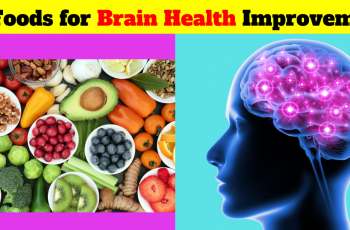Hi there! In this article, I’m going to talk about the foods that cause high blood pressure and how you can manage it through diet.
High blood pressure, also known as hypertension, is a common condition that affects nearly 50% of adults in the United States. It increases the risk of heart disease, stroke, and other serious health conditions.
One of the key factors contributing to high blood pressure is our dietary habits. Consuming certain foods in excess can put us at a higher risk. For example, a diet high in red meat, alcohol, or saturated fat can increase blood pressure levels. On the other hand, a balanced diet can help us manage and prevent hypertension.
So, what should you include in a blood pressure-friendly diet? A balanced diet typically includes plenty of plant-based foods, whole grains, and healthy fats. These can help lower blood pressure levels and keep it in a healthy range. However, there are foods that cause high blood pressure that you certainly should avoid.
It is of vital importance to be aware of the foods that cause high blood pressure. Foods high in salt or added sugars should be limited as they can contribute to high blood pressure. This includes soda, baked goods, and packaged foods. Many processed foods, whether they are considered healthy or not, contain excessive amounts of sodium. It is essential to read nutrition labels and be mindful of the sodium content in what we consume.
Similarly, foods containing high fructose corn syrup can raise blood pressure levels. It’s important to reduce the consumption of processed desserts, crackers, granola bars, and peanut butter that have added sugars. Choosing leaner cuts or unprocessed meats instead of red meat, especially processed red meat, can also help manage blood pressure more effectively.
Drinking too much alcohol and consuming saturated fats, which are found in desserts and processed meats, can also increase blood pressure. It’s crucial to limit alcohol intake and reduce saturated fat consumption.
Finally, we should be cautious of condiments, as many of them can be high in sodium or sugar, making them potential contributors to high blood pressure.
To lower and manage blood pressure, it is recommended to have a varied diet that includes nutrient-dense foods such as whole grains, fruits, vegetables, lean meats, and other protein sources.
By making these simple dietary changes, you can take steps towards better managing your blood pressure and maintaining good cardiovascular health.
Foods That Cause High Blood Pressure You Should Know
- Avoid consuming excessive amounts of red meat, alcohol, and saturated fat to reduce the risk of high blood pressure.
- Limit the consumption of foods high in salt or added sugars, such as soda, baked goods, and packaged foods.
- Be mindful of sodium content in processed foods, even those considered healthy, like vegetable juice.
- Reduce the consumption of foods and drinks high in added sugars, such as processed desserts, crackers, granola bars, and peanut butter.
- Choose leaner cuts or unprocessed meats over processed red meat to manage blood pressure more effectively.
Sodium and High Blood Pressure: The Role of Salt in Hypertension
First in the list of foods that cause high blood pressure is salt. High sodium consumption plays a significant role in elevating blood pressure levels, and it is surprising how many people consume excessive amounts of sodium without even realizing it.
Highly processed foods and fast foods are often major culprits, containing excessive amounts of sodium, often exceeding the recommended daily limit of 2,300 milligrams. It is crucial for individuals to carefully check nutrition labels to determine the sodium content of the food they consume.
Even some seemingly healthy foods, such as vegetable juice, may contain high levels of sodium. This means that individuals need to be vigilant about their sodium intake to effectively manage and prevent hypertension.
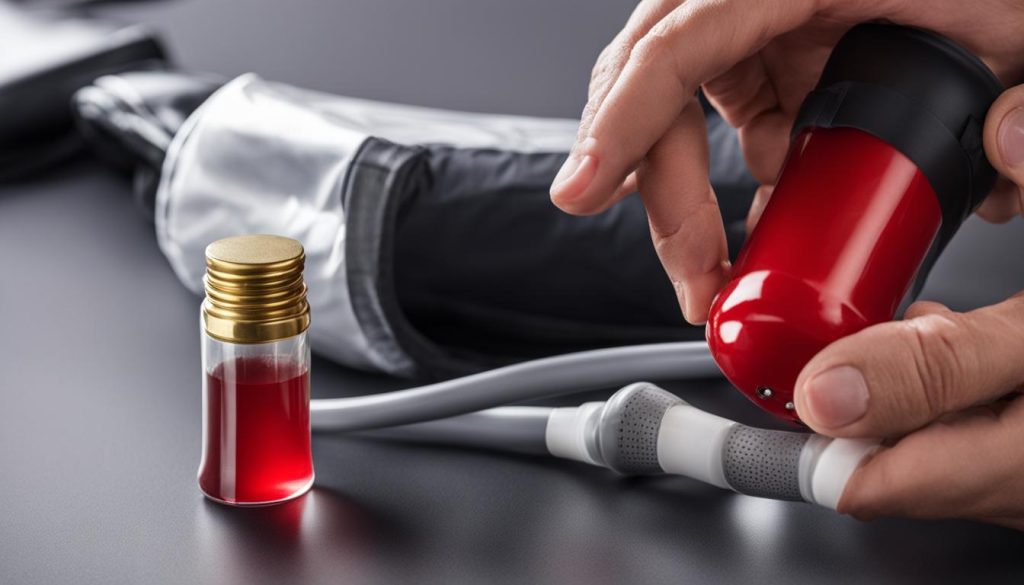
Consuming high amounts of sodium can significantly increase the risk of developing high blood pressure. Therefore, it is vital to limit sodium intake as part of a hypertension diet.
By choosing lower sodium options and reducing reliance on processed and fast foods, individuals can lower their sodium intake and help control their blood pressure levels more effectively. This may involve opting for fresh, whole foods and home-cooked meals, using spices and herbs instead of salt for flavoring, and being mindful of the sodium content in condiments, sauces, and packaged snacks.
In addition to reducing sodium consumption, individuals can also incorporate dietary strategies such as consuming foods rich in potassium, calcium, and magnesium, which may help lower blood pressure levels. These include fruits, vegetables, low-fat dairy products, and lean proteins.
By making these dietary changes and adopting a hypertension diet, individuals can take proactive steps to manage and prevent high blood pressure, ultimately promoting better cardiovascular health.
Sugar and High Blood Pressure: The Link Between Added Sugar and Hypertension
Among the foods that cause high blood pressure are sugary ones. The consumption of foods with added sugars can raise a person’s risk of unintentional weight gain and may contribute to high blood pressure. Research has identified fructose consumption as a major cause of hypertension, as it can increase salt absorption and trigger insulin expression, leading to elevated blood pressure levels.
It is crucial to reduce the intake of foods and drinks high in added sugars to mitigate the risk of high blood pressure. Processed desserts, crackers, granola bars, and peanut butter are commonly associated with high sugar content and should be consumed in moderation. When grocery shopping, reading food packaging labels is essential to identify products that are free from high fructose corn syrup.
By making healthier choices and consciously limiting added sugar intake, individuals can significantly reduce their risk of high blood pressure and improve their overall cardiovascular health.
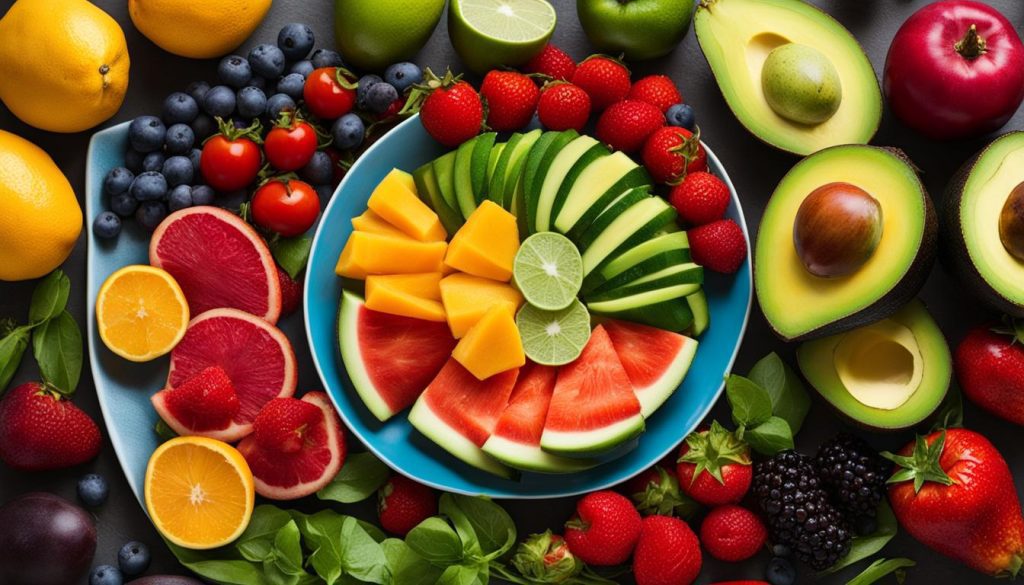
Red Meat and High Blood Pressure: The Impact of Processed Red Meat on Hypertension
When it comes to managing high blood pressure, it’s essential to pay attention to the foods we eat. One type of foods that cause high blood pressure levels is red meat, particularly processed red meat. The process of metabolizing red meat in the body may release compounds that elevate blood pressure even further, increasing the risk of hypertension.
To minimize the impact of red meat on blood pressure, it’s important to be mindful of portion sizes. Opting for leaner cuts of red meat or choosing unprocessed meats can help lower the intake of compounds that contribute to increased blood pressure. This means avoiding processed sausages, bacon, hot dogs, and other similar products. Instead, consider incorporating alternative protein sources into your diet, such as poultry, fish, lentils, nuts, quinoa, or tofu.
By making these dietary adjustments and reducing the consumption of processed red meat, individuals can effectively manage their blood pressure. This not only promotes better cardiovascular health but also supports an overall healthy lifestyle.
Incorporate these alternatives to red meat into your high blood pressure diet plan, and you’ll be on your way to better managing hypertension and improving your overall well-being.
Alcohol and High Blood Pressure: The Effects of Excessive Alcohol Consumption on Hypertension
Excessive alcohol consumption can have negative effects on blood pressure and is considered an independent risk factor for heart disease.
As one of the foods that cause high blood pressure, when consumed in large amounts, alcohol can raise a person’s blood pressure, putting additional strain on the cardiovascular system. Furthermore, alcohol contains empty calories that can contribute to unintentional weight gain, further increasing the risk of high blood pressure.
It is advised for males to limit their alcohol intake to a maximum of two drinks per day, while females should consume no more than one drink per day in order to help lower blood pressure and reduce the risk of heart-related complications.
By reducing alcohol consumption and opting for healthier beverage choices, individuals can actively manage their blood pressure levels and improve their overall cardiovascular health. Moderation is key, and individuals should be mindful of their alcohol intake to maintain a healthy blood pressure.
Conclusion
High blood pressure is a serious health risk that can lead to heart attacks, stroke, and other severe complications. Fortunately, there are lifestyle strategies, including dietary changes, that can help manage this condition. One key aspect is avoiding foods that cause high blood pressure, such as those high in sodium, added sugars, and saturated fats.
Instead, it is important to focus on consuming a healthy and balanced diet that includes plenty of plant-based foods, whole grains, lean meats, and other nutrient-dense sources of protein. This approach ensures that the body receives essential vitamins, minerals, and antioxidants while minimizing the intake of harmful substances.
By adopting a healthier diet and making overall lifestyle changes, individuals can significantly reduce their risk of high blood pressure and maintain better cardiovascular health. Remember, managing blood pressure through diet is an ongoing process that requires commitment and consistency, but the long-term benefits are well worth it.
FAQ
Are there certain foods that can cause high blood pressure?
Yes, certain dietary habits, such as consuming too much red meat, alcohol, or saturated fat, may increase a person’s risk of high blood pressure.
How can diet help manage and prevent hypertension?
Maintaining a balanced diet that includes plant-based foods, whole grains, and healthy fats can help manage and prevent high blood pressure.
Which foods should I avoid for high blood pressure?
It’s important to avoid foods high in salt or added sugars, such as soda, baked goods, and packaged foods, as they can contribute to high blood pressure.
How does sodium affect blood pressure?
High sodium consumption can elevate blood pressure, and many people consume too much sodium without realizing it. It’s important to check nutrition labels for a food’s sodium content.
Is there a link between added sugars and high blood pressure?
Yes, consuming foods with added sugars, especially those containing high fructose corn syrup, can raise a person’s risk of hypertension. Reading food packaging labels can help identify products free from high fructose corn syrup.
Does red meat increase blood pressure?
Red meat, especially processed red meat, can raise blood pressure. It’s recommended to be mindful of portion sizes and choose leaner cuts or unprocessed meats.
How does excessive alcohol consumption affect blood pressure?
Drinking too much alcohol can raise blood pressure and is considered an independent risk factor for heart disease. It’s important to limit alcohol intake to help lower blood pressure and reduce the risk of heart-related complications.
Can condiments contribute to high blood pressure?
Yes, many condiments can be high in sodium or sugar, so it’s important for people with high blood pressure to be cautious of their condiment choices.
What foods should I include in a diet to lower blood pressure?
Having a varied diet with nutrient-dense foods, such as whole grains, fruits, vegetables, lean meats, and other protein sources, can help lower and manage blood pressure.

